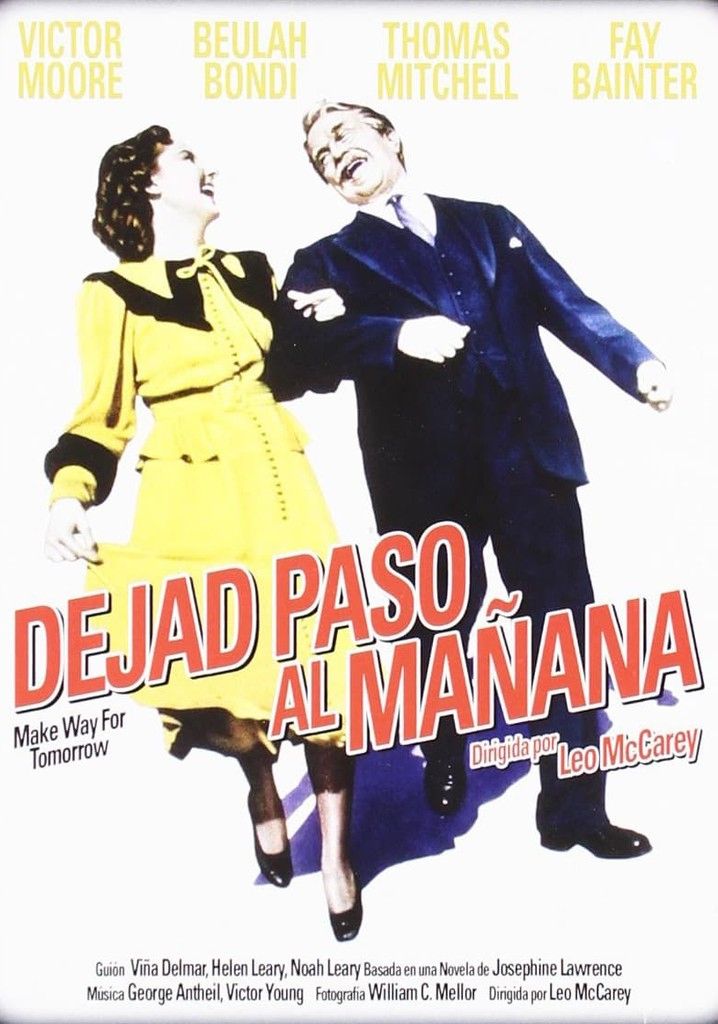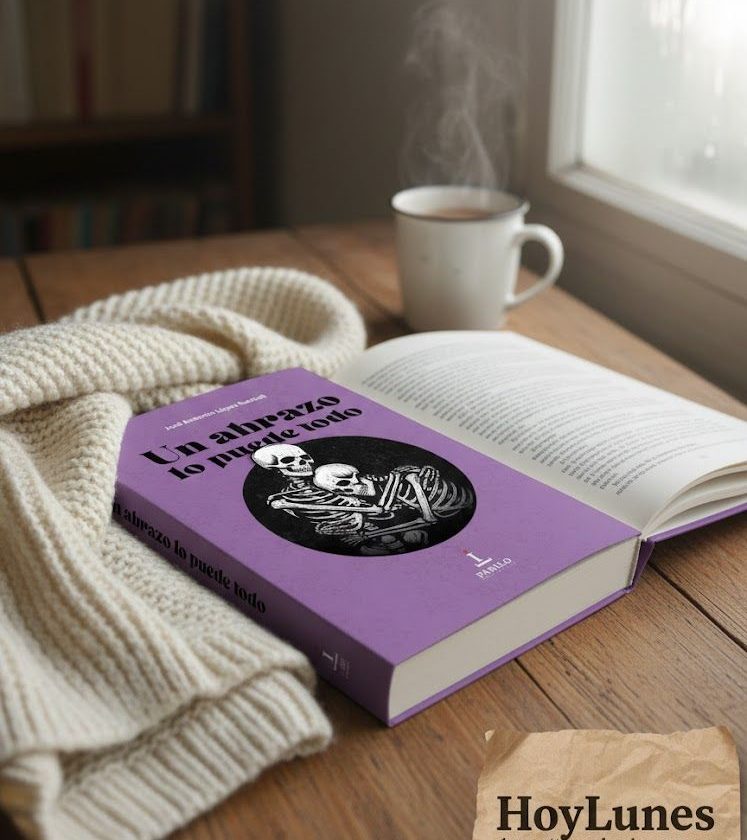Make Way for Tomorrow: a forgotten classic that illuminates with tenderness and lucidity the drama of old age.
By Jorge Alonso Curiel
HoyLunes – It is always necessary to rescue from the back of the cinematic wardrobe—though also from the wardrobe of every art—works full of value, great films somewhat forgotten, or completely forgotten, that have contributed to cinema being one of the great artistic expressions, and to show them to audiences so they may discover or revisit them, enjoying their quality, their capacity to move us, and to make us think about ourselves and about what surrounds us. Films that deserve to stand beside others more recognized and awarded, those that are reference points and appear in every cinephile conversation.
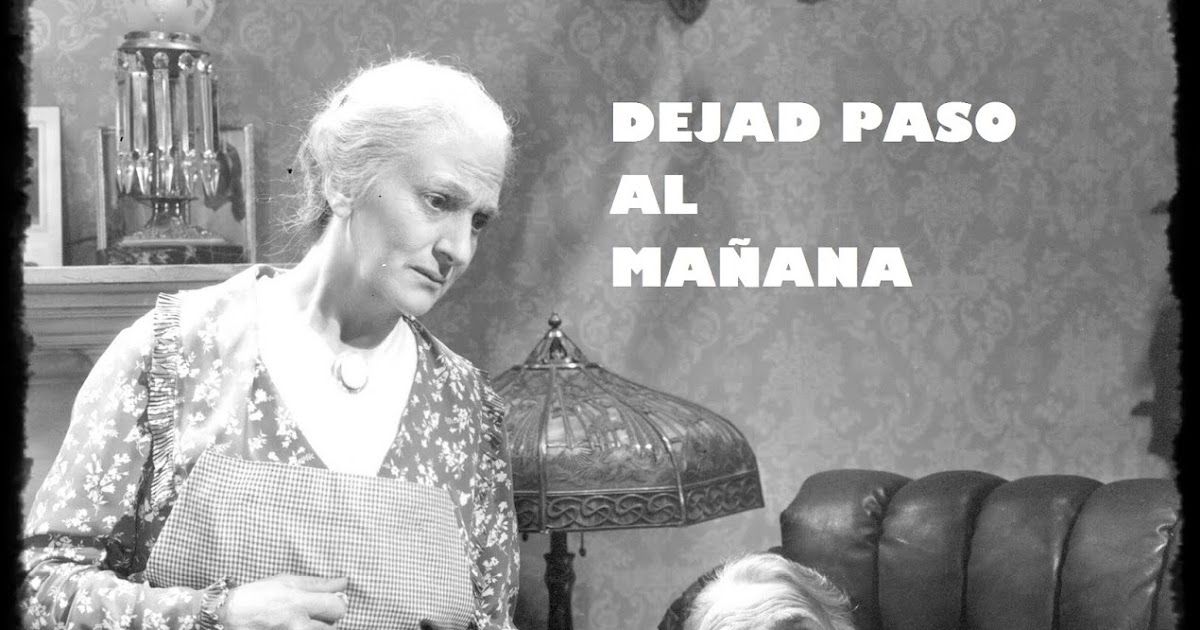
Make Way for Tomorrow, produced by Paramount and directed in 1937 by the American Leo McCarey (1896–1969), is one of these, and although it is not usually cited among the most outstanding in the history of cinema, it deserves inclusion for its modernity, emotion, and humanism in addressing one of the most delicate subjects: old age.
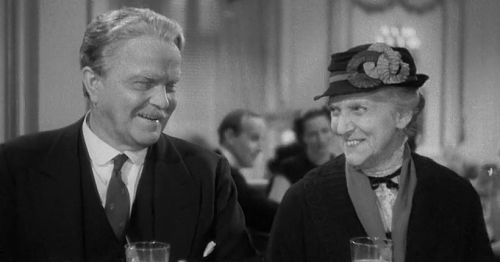
At its premiere it had no public success and also went unnoticed by critics. Thus, it was a financial disaster that led to McCarey’s dismissal from Paramount. In fact, from the project’s inception, things had not been easy: the studio did not believe in it, and the director had to reduce his salary in order to make it. Furthermore, McCarey fought to prevent the ending from being changed, preserving the original one with greater drama, while the studio insisted, as was the custom in classical Hollywood, on a happier one.
But not only did this 91-minute film, shot in marvelous black and white, fail to achieve the success it deserved, its director is also unjustly absent from the lists of the greatest filmmakers of all time. He did not receive the full attention of critics, and only in recent years has he been rescued as one of the greatest filmmakers of emotion.
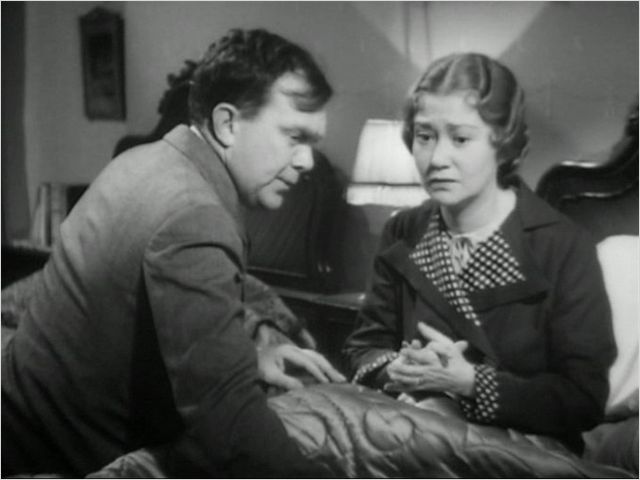
For he is not only the great director of comedies, the facet for which he is best known—in which he directed the Marx Brothers (Duck Soup, 1933); Laurel & Hardy in many of their shorts and medium-length films; the scandalous Mae West in Belle of the Nineties (1934); the surprising Harold Lloyd in The Milky Way (1936); or the filmmaker who launched Cary Grant to stardom in The Awful Truth, alongside Irene Dunne (after filming in that same year, 1937, Make Way for Tomorrow)—he is also the creator of imperishable tales full of fine sensitivity, which made him one of the great filmmakers of emotion, and in which even his characteristic humor can be found. Clear examples are the two versions of Love Affair (the first with Charles Boyer and Irene Dunne, in 1939; the second, in 1957, with Cary Grant and Deborah Kerr); Going My Way (1944), with an unforgettable Bing Crosby portraying a young and kind priest; its sequel The Bells of St. Mary’s (1945); or Good Sam (1948), starring Gary Cooper, in one of his least-cited but most endearing roles of his career.
With Make Way for Tomorrow he reached his summit in this respect. A melodrama, or dramatic comedy, which is one of the masterpieces of his long filmography filled with lucidity, charm, realism, and sincerity, a completely modern classic, and one in which he does not forget his aforementioned humor to address the passage of time and the drama of old age: the role of the elderly in a selfish society that pushes them aside.
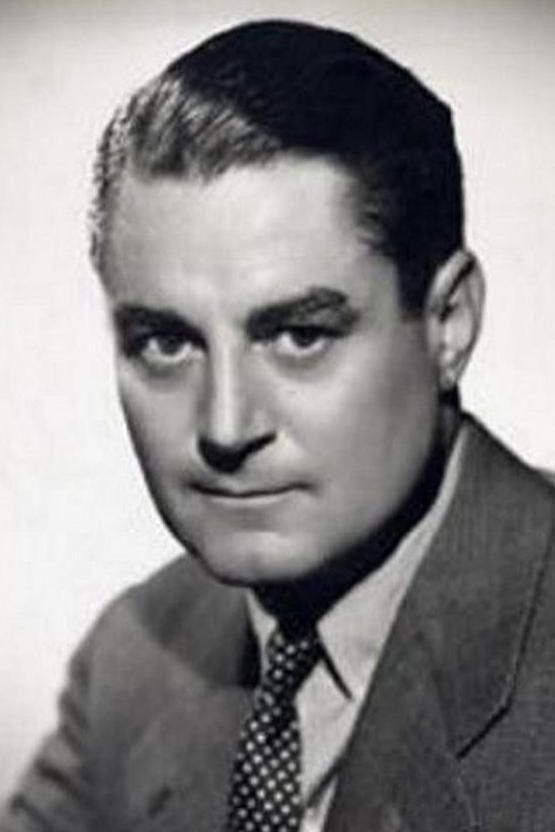
Based on the novel by Josephine Lawrence, with a screenplay written by Vina Delmar, Helen Leary and Noah Leary. It tells the story of an elderly couple who, after losing their home to foreclosure, where they had always lived and where they raised their five children, must go live with them.
None of the children can take in both, and as a temporary arrangement the mother will move in with her son George, and the father into the home of his daughter Cora. But time passes, no arrangement is found for them to be together again, and both languish in the distance, also creating discomfort and inconvenience for their relatives, who wish them to leave. With little-known actors (Victor Moore, Fay Bainter, Beulah Bondi, Thomas Mitchell, Porter Hall, Barbara Read), but who achieve outstanding, unsurpassable performances, McCarey, in a state of grace, films a close, realistic story, as simple as it is sincere, which seizes the viewer’s soul and, at the same time, criticizes the situation of people who are traveling the final stretch of the road. A film deliciously unsettling, tender, melancholic, with unforgettable moments such as the visit of the elderly couple to the place where they celebrated their marriage. It is no wonder that this cinematic miracle, which speaks directly to the heart and seems to have been filmed just this morning, influenced Japanese filmmaker Ozu to make Tokyo Story, which is nothing less than a clear homage to this film and to McCarey. And although the American did not receive full recognition from critics, he always received it from his fellow filmmakers such as Capra, Delmer Daves, or John Ford, who made him one of their indisputable reference points.

Masterpieces reside in eternity; that is why they remain relevant in every era, in their effort to speak directly to our condition. And although they may seem forgotten, although they may not be so recognized, and although they may lie in the back of the wardrobe, always the brilliance of their radiance will never leave us indifferent.
Do not miss Make Way for Tomorrow. It will make you better human beings, and you will see the reason why cinema is one of the gifts we are fortunate enough to enjoy.
#hoylunes, #jorge_alonso_curiel,
